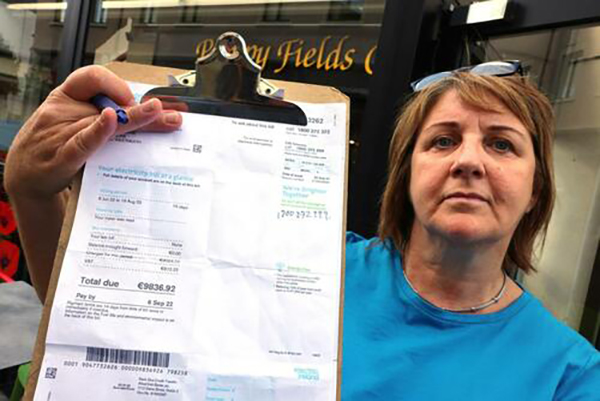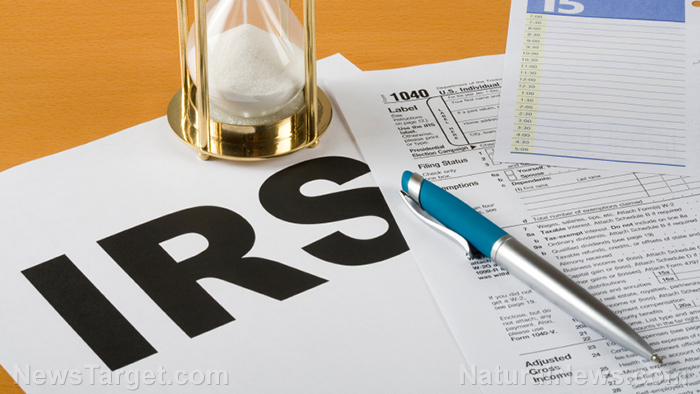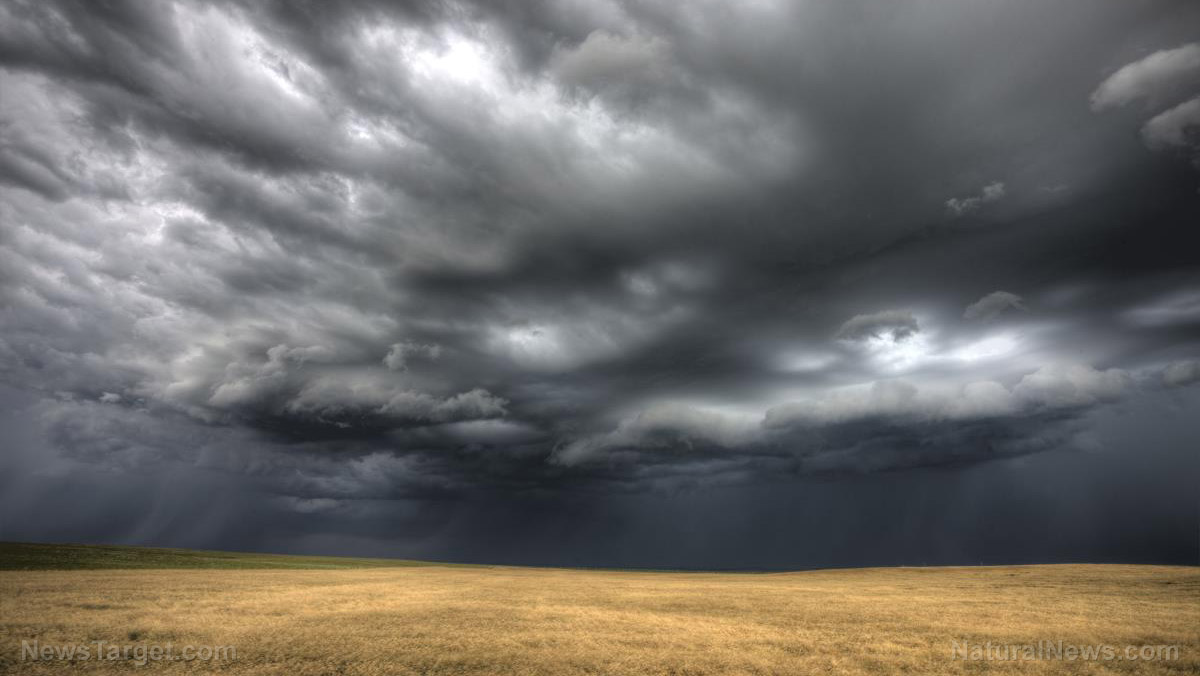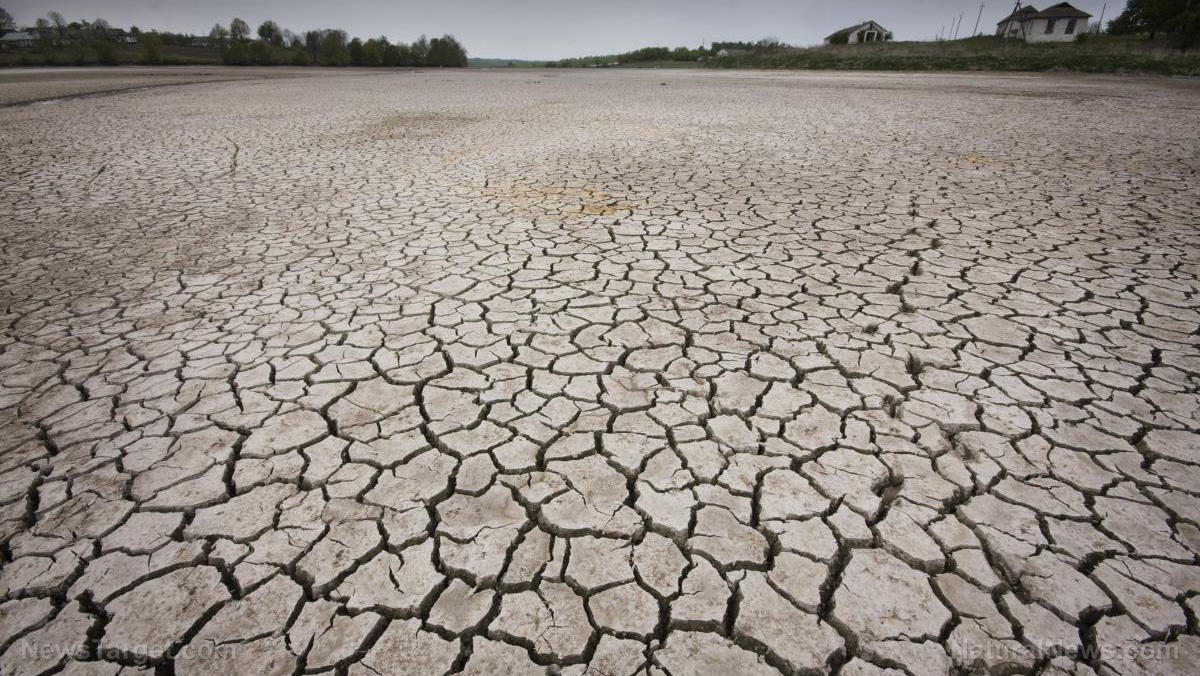Federal Reserve expected to raise interest rates earlier than expected due to rapid inflation
11/04/2021 / By Arsenio Toledo

Banks and financial experts are predicting that the Federal Reserve will raise its rates earlier due to persistent inflation.
In one of the Fed’s latest statements regarding raising interest rates, Chairman Jerome Powell said the central bank will not raise rates just yet because the country’s employment rate is still too low.
Powell believes the country’s current period of rapid inflation will abate next year. He wants employment to rise back to pre-Wuhan coronavirus (COVID-19) pandemic levels and for inflation to stabilize at around two percent a month.
“I don’t think it’s time to raise rates,” said Powell in a virtual appearance before a conference. “We think we can be patient and allow the labor market to heal.”
Powell stressed that this outlook will be the most likely scenario. He said that America’s period of rapid inflation has already lasted longer than many economists expected and that if it continues like this next year the Fed would be forced to act. (Related: Senior Federal Reserve official says “transitory” inflation is not actually transitory.)
“Our policy is well-positioned to manage a range of plausible outcomes,” said Powell.
But many economists believe the Fed will not wait long before raising its interest rates. Goldman Sachs moved its initial forecast of the rates rising from sometime in late 2022 or early 2023 to July 2022.
“The main reason for the change in our liftoff call is that we now expect core PCE inflation [personal consumption expenditure] to remain above three percent – and core CPI inflation [consumer price index] above four percent – when the taper concludes,” said Jan Hatzius, chief economist at Goldman Sachs.

In a survey conducted by mainstream media outlet CNBC, respondents overwhelmingly believe the Fed will announce a rate hike earlier than expected. Their prediction is that this hike will happen by Sept. 2022.
Traders also expect the Fed to make three more rate hikes in 2023.
Fed expected to taper asset purchases soon
Powell believes it is time for the Fed to taper its $120 billion in monthly purchases of Treasury bonds and mortgage-backed securities by $15 billion a month.
The Fed has not announced when the tapering will start and what its pace will be. James Bullard, president of the Federal Reserve Bank of St. Louis, has endorsed a plan for the Fed to begin tapering down in November and ending by the first quarter of 2022.
Bullard wants the tapering to start and end early so that if America’s current period of inflation continues beyond the first quarter of 2022, the Fed could raise rates “in the spring or summer if we had to do so.”
In CNBC’s survey, around 60 percent believe that inflation is a big enough concern that the central bank should do away with tapering off purchases and halt it all together immediately.
“The Fed’s current idea of dealing with inflation is to take their balance sheet from $8.5 trillion to about $9 trillion by next July and still have rates at zero,” said Peter Boockvar, chief investment officer for financial planning and wealth management services company Bleakley Advisory Group.
Boockvar noted that the Fed puts itself in a more precarious position by not halting all purchases immediately. “Inflation and the bond market response are about to run over the Fed,” said Boockvar.
The Fed has not made any formal announcement on when it will start tapering off asset purchases. For now, Powell said the Fed will watch and wait.
“While the time is near for tapering our asset purchases, it would be premature to tighten policies using rates now,” said Powell. “With the effect and intent of slowing job growth, when there is good reason to expect that we’ll return to robust jobs growth and for the supply constraints to diminish, both of which we would have the effect of increasing potential output of the economy.”
Bubble.news has the latest news regarding the economy and the federal government’s response to the current inflation crisis.
Sources include:
Submit a correction >>
Tagged Under:
big government, Bubble, central bank, debt collapse, economic crash, economy, Federal Reserve, finance, government debt, Inflation, interest rates, market crash, money supply, national security, risk
This article may contain statements that reflect the opinion of the author
RECENT NEWS & ARTICLES
COPYRIGHT © 2017 COLLAPSE.NEWS
All content posted on this site is protected under Free Speech. Collapse.news is not responsible for content written by contributing authors. The information on this site is provided for educational and entertainment purposes only. It is not intended as a substitute for professional advice of any kind. Collapse.news assumes no responsibility for the use or misuse of this material. All trademarks, registered trademarks and service marks mentioned on this site are the property of their respective owners.





















